9 Transformative Books That Will Help You Live Fully, Love Deeply, and Be Truly Happy
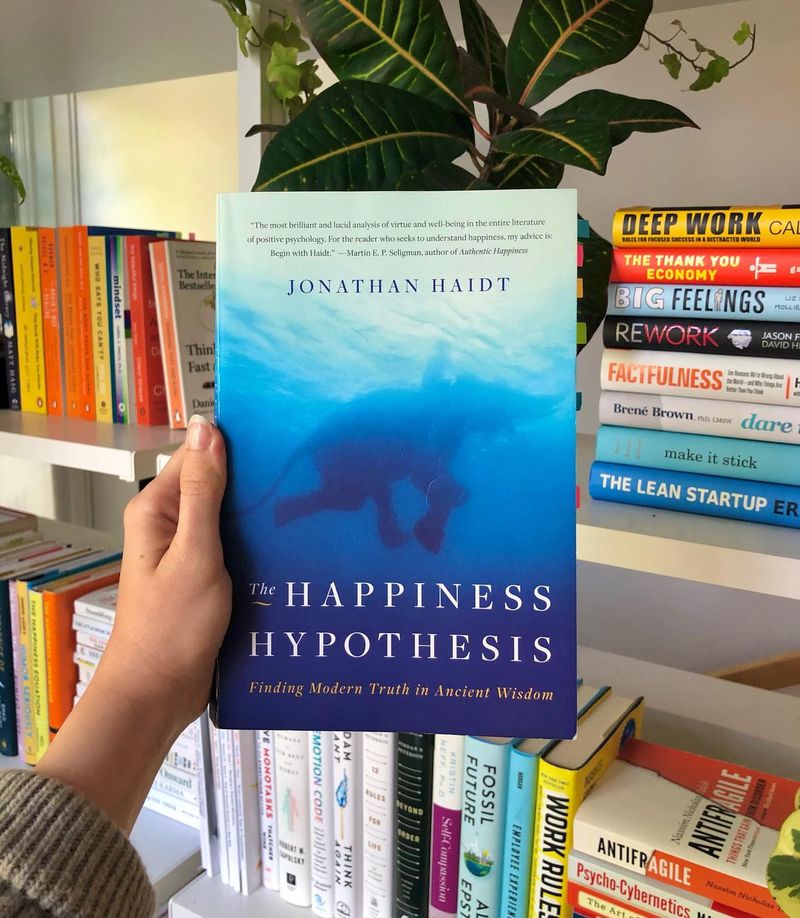
Some books entertain, others inform—but a rare few reshape the way you see the world and yourself. These are the books that don’t just sit on your shelf; they live in your mind, quietly guiding your choices, challenging your beliefs, and nurturing your growth. If you’re looking to live more intentionally, love with greater depth, and uncover lasting happiness, this curated list is your starting point. From ancient wisdom to modern insight, each book offers a transformative journey into what it means to live well. Open any one of them, and you might just open a new chapter of your life.
1. Meditations by Marcus Aurelius
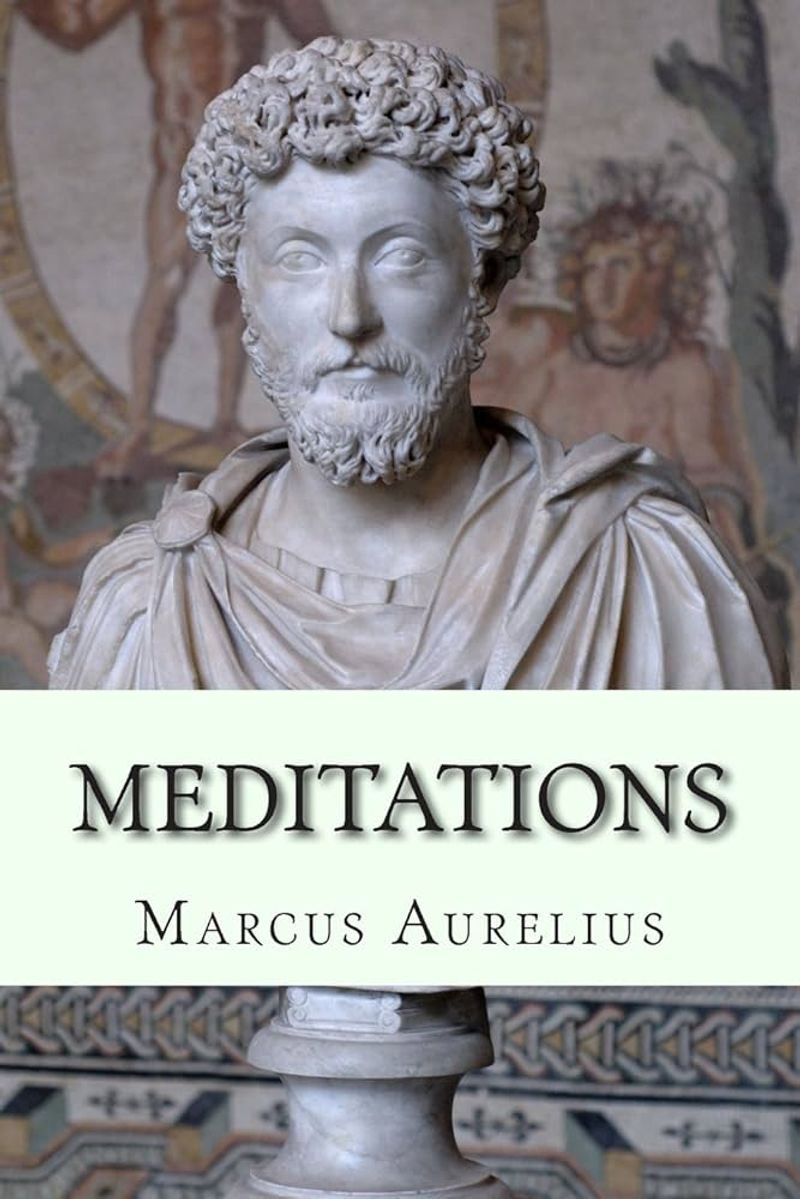
Ancient wisdom speaks directly to modern hearts through the private journal of Rome’s philosopher-emperor. Marcus Aurelius never intended these writings for publication, making them remarkably honest reflections on life’s challenges.
His thoughts on facing adversity with calm reason remain startlingly relevant today. “You have power over your mind, not outside events. Realize this, and you will find strength,” he reminds us.
The beauty of Meditations lies in its practical approach to living virtuously regardless of circumstances. Whether facing a difficult colleague or personal loss, Marcus teaches us to respond with dignity, fairness, and inner peace.
2. Letters from a Stoic by Seneca
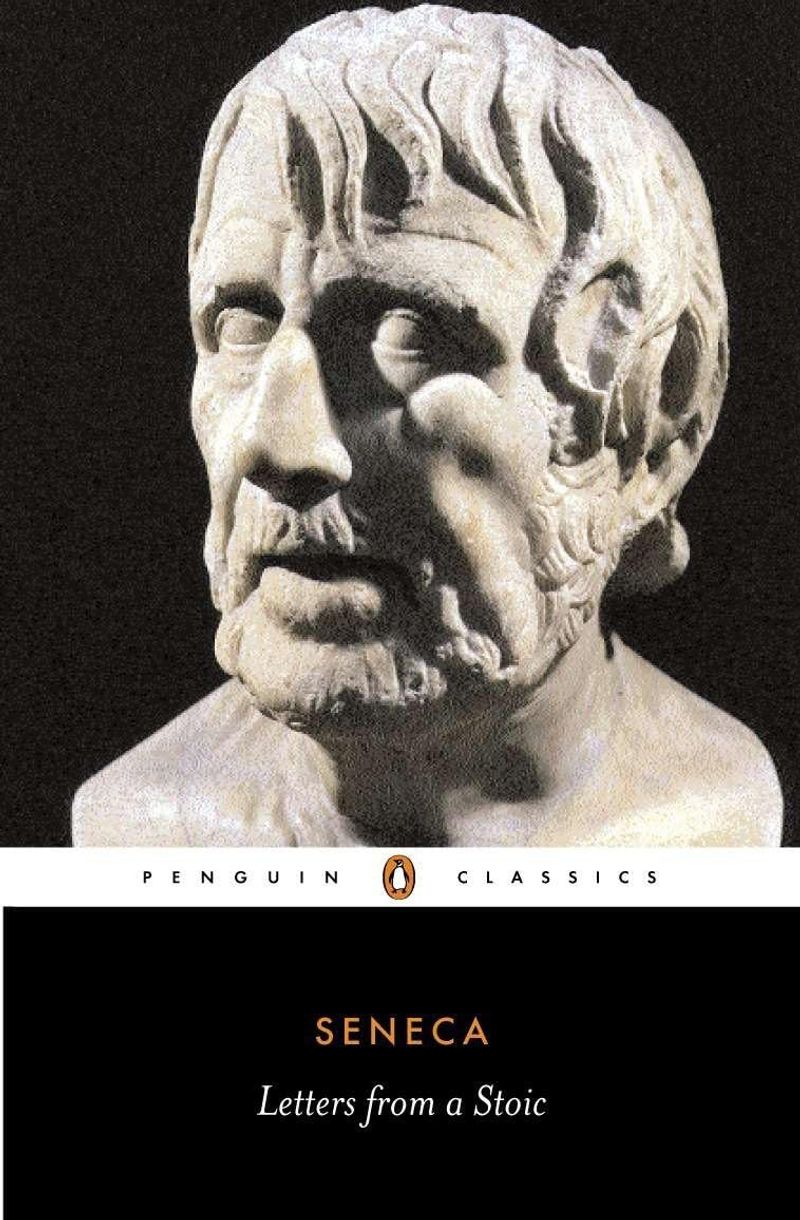
Imagine having a wise mentor who writes you personal letters about navigating life’s toughest moments. That’s what Seneca offers readers through his correspondence with his friend Lucilius.
Written nearly 2,000 years ago, these letters feel shockingly current. Seneca tackles anxiety, grief, wealth, friendship, and death with remarkable clarity. “We suffer more in imagination than in reality” – how many of us need this reminder today?
Each letter serves as both comfort and challenge, pushing us to examine our fears while providing practical tools for greater tranquility. His advice on using time wisely might be his most valuable gift to our distracted modern minds.
3. Man’s Search for Meaning by Viktor Frankl
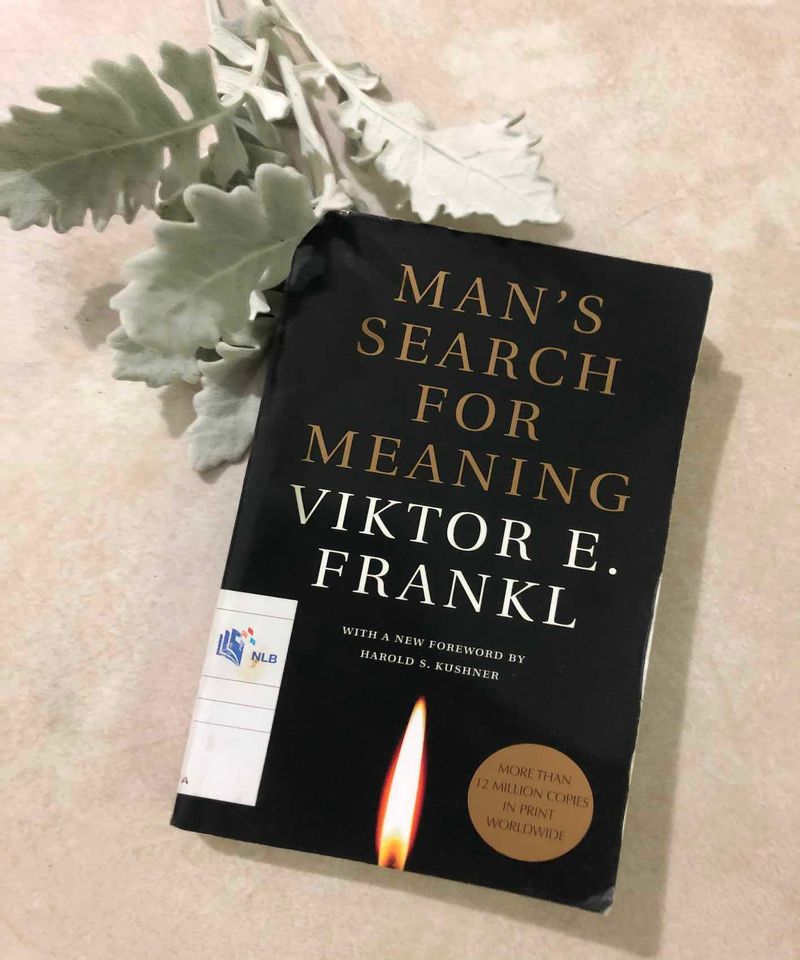
Born from unimaginable suffering in Nazi concentration camps, Viktor Frankl’s masterpiece offers a radical proposition: even in the worst circumstances, we retain the freedom to choose our response. His observations of fellow prisoners revealed that survival often depended not on physical strength but on finding purpose.
“Those who have a ‘why’ to live can bear almost any ‘how’,” Frankl writes, quoting Nietzsche. This insight formed the basis of his logotherapy approach to psychology.
The book’s second half explores how we can discover meaning through work, love, and courage in the face of difficulty. Frankl’s compassionate voice never preaches but gently guides readers toward their own sources of meaning.
4. The 48 Laws of Power by Robert Greene
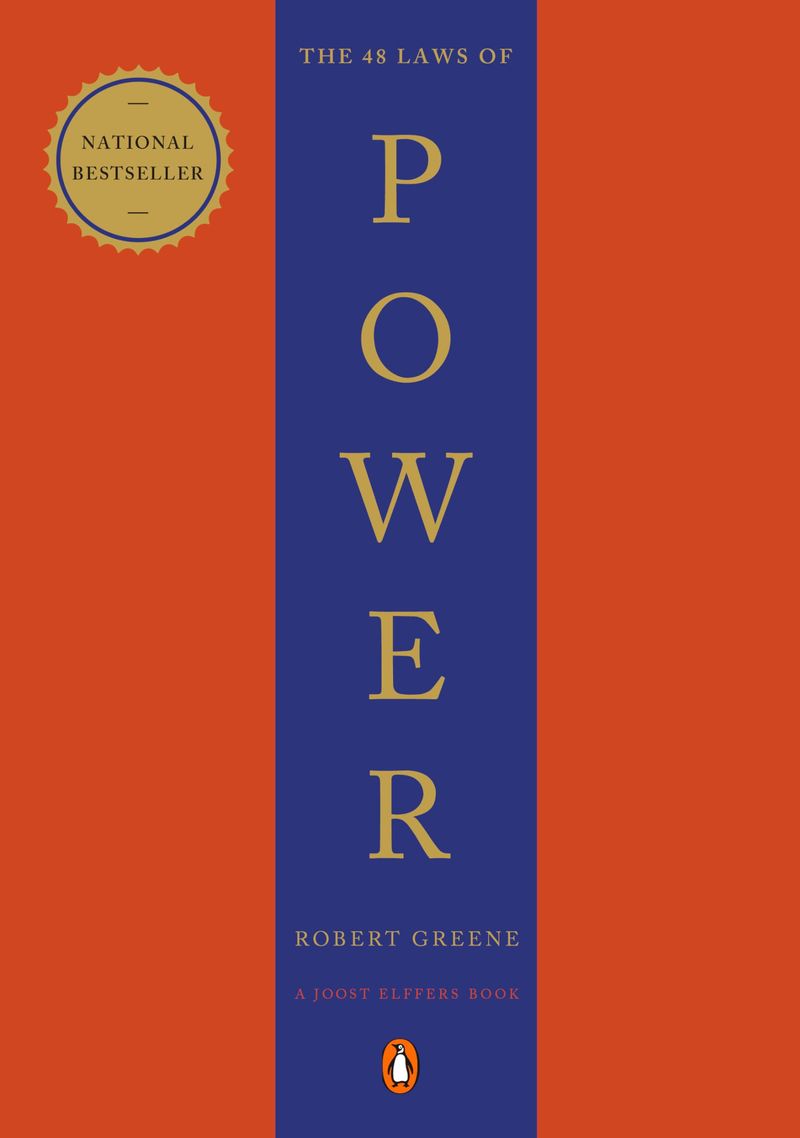
Power dynamics shape every human interaction, whether we acknowledge them or not. Robert Greene’s controversial masterpiece strips away polite pretenses to reveal the actual rules governing social influence.
Each law comes alive through historical examples spanning centuries and cultures. Learn from Machiavelli’s strategic brilliance, Queen Elizabeth I’s calculated image management, and con artist Count Victor Lustig’s audacious schemes.
Critics call the book amoral, but Greene argues that understanding power protects you from manipulation. “Keep your friends for friendship, but work with the skilled and competent” – this pragmatic wisdom helps navigate office politics and personal relationships alike. The book’s real value lies in recognizing power plays directed at you.
5. Letters to His Son by Lord Chesterfield
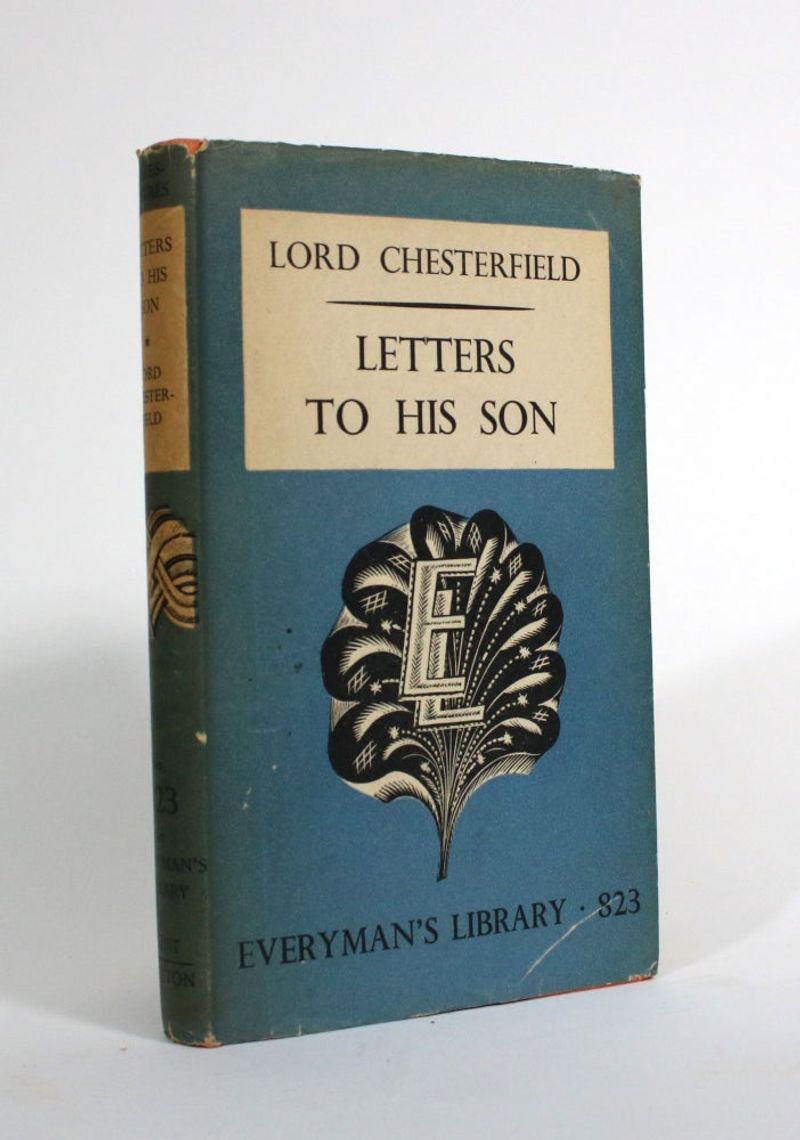
Fatherly wisdom never goes out of style. In the 1700s, Lord Chesterfield wrote private letters to his son, creating an unintentionally timeless guide to character, social grace, and worldly success.
His advice ranges from practical (“Never hold anyone by the button or the hand in order to be heard”) to profound (“Knowledge may give weight, but accomplishments give luster”). Though some views reflect his era’s limitations, his insights on human nature remain razor-sharp.
What makes these letters special is their blend of high principles and street-smart pragmatism. Chesterfield understood that good character alone doesn’t guarantee success – you must also master the art of presenting yourself advantageously to others.
6. Average Is Over by Tyler Cowen
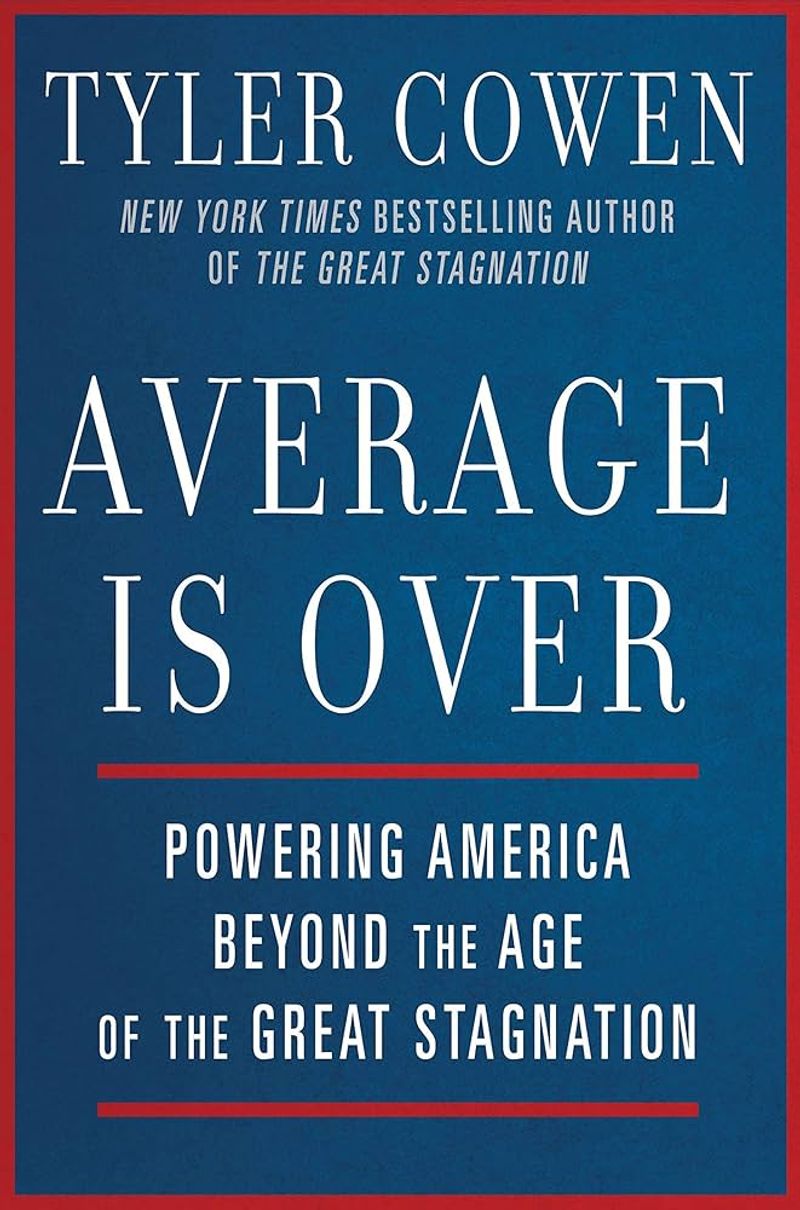
The economic ground is shifting beneath our feet. Tyler Cowen’s eye-opening analysis shows how technology and globalization are creating a winner-take-all world where mediocrity is no longer sustainable.
Cowen presents compelling evidence that the comfortable middle-class existence many Americans took for granted is disappearing. Future prosperity will belong to those who can work effectively with intelligent machines or offer truly exceptional human skills.
Rather than doom-mongering, the book offers practical strategies for thriving in this new reality. Developing marketable skills, embracing technological change, and cultivating self-discipline become not just career advice but survival imperatives. For parents especially, this book provides crucial guidance for preparing children for a radically different future.
7. Tiny Beautiful Things by Cheryl Strayed
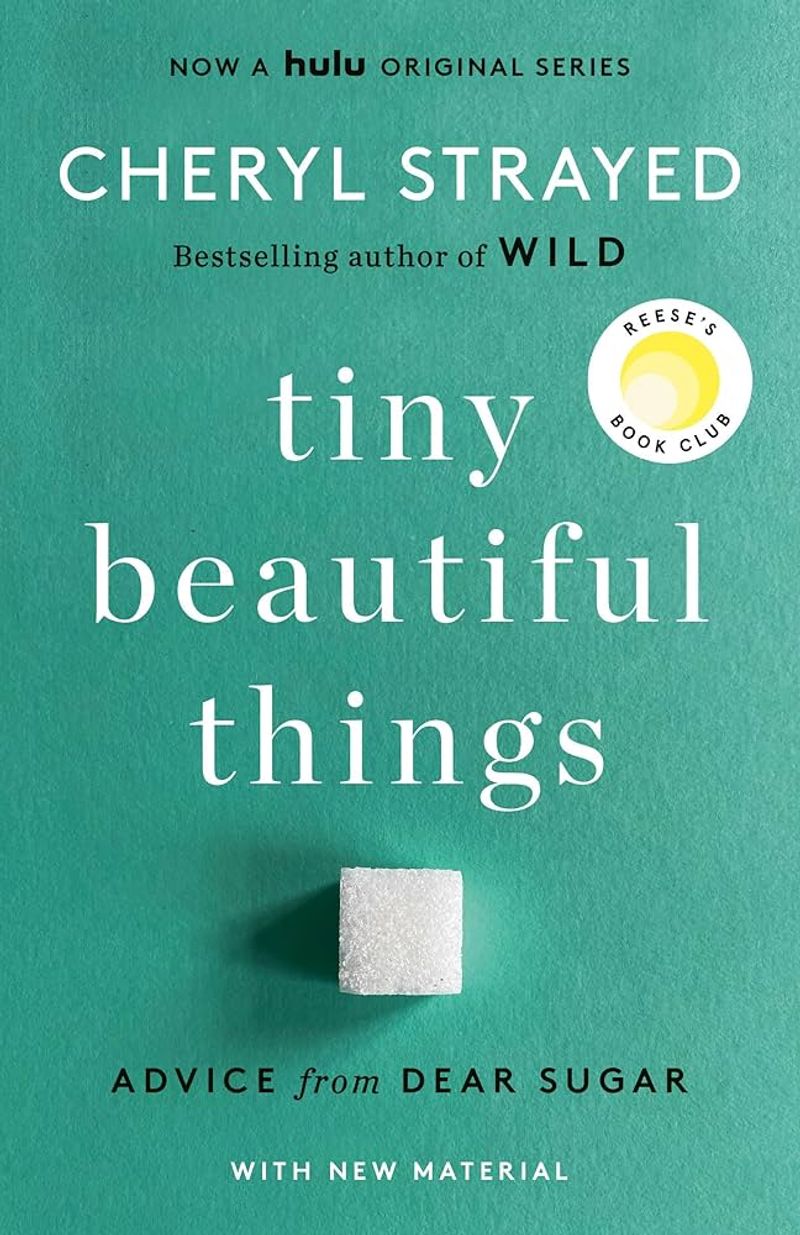
Raw emotional honesty jumps from every page of Cheryl Strayed’s collection of advice columns. Writing as “Dear Sugar,” Strayed doesn’t just answer questions – she sees through them to the deeper wounds and longings behind the words.
Her responses blend personal stories of addiction, loss, and redemption with tough love and tender compassion. “The thing about rising is that you have to continue upward,” she writes to someone struggling to overcome trauma.
What makes this book transformative is Strayed’s refusal to offer easy answers or platitudes. Instead, she shows how embracing our messy, imperfect lives – with all their pain and beauty – is the path to genuine healing. Her voice becomes a trusted friend guiding readers through their own dark forests.
8. The Score Takes Care of Itself by Bill Walsh
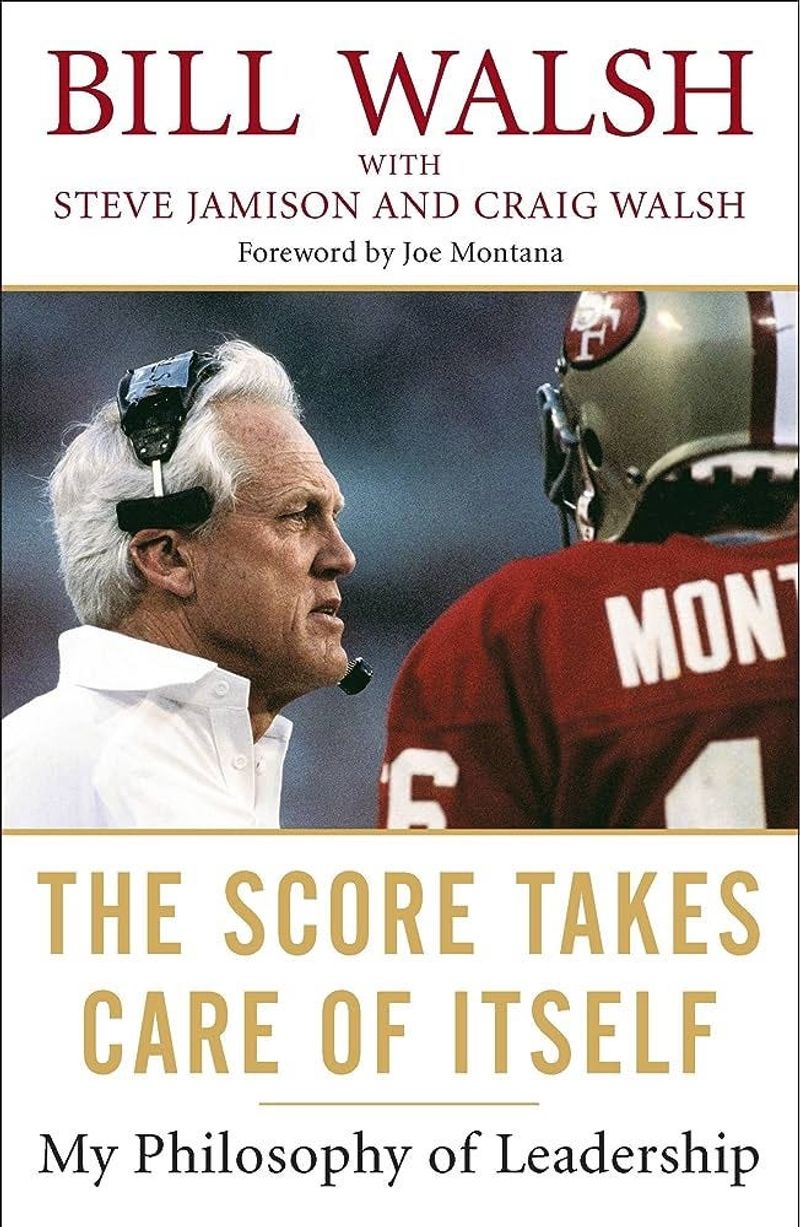
Leadership lessons from the football field translate surprisingly well to every area of life. NFL coach Bill Walsh transformed the San Francisco 49ers from the league’s worst team to Super Bowl champions through his “Standard of Performance” philosophy.
Walsh believed excellence comes from mastering mundane details rather than focusing on end results. “Champions behave like champions before they’re champions,” he explains. His approach emphasizes personal responsibility, meticulous preparation, and unwavering standards.
What makes this book special is its honesty about leadership’s emotional challenges. Walsh openly discusses his self-doubt, perfectionism, and burnout. His framework for creating organizational excellence works equally well for parents, teachers, entrepreneurs, or anyone seeking to build something meaningful that outlasts them.
9. The Happiness Hypothesis by Jonathan Haidt
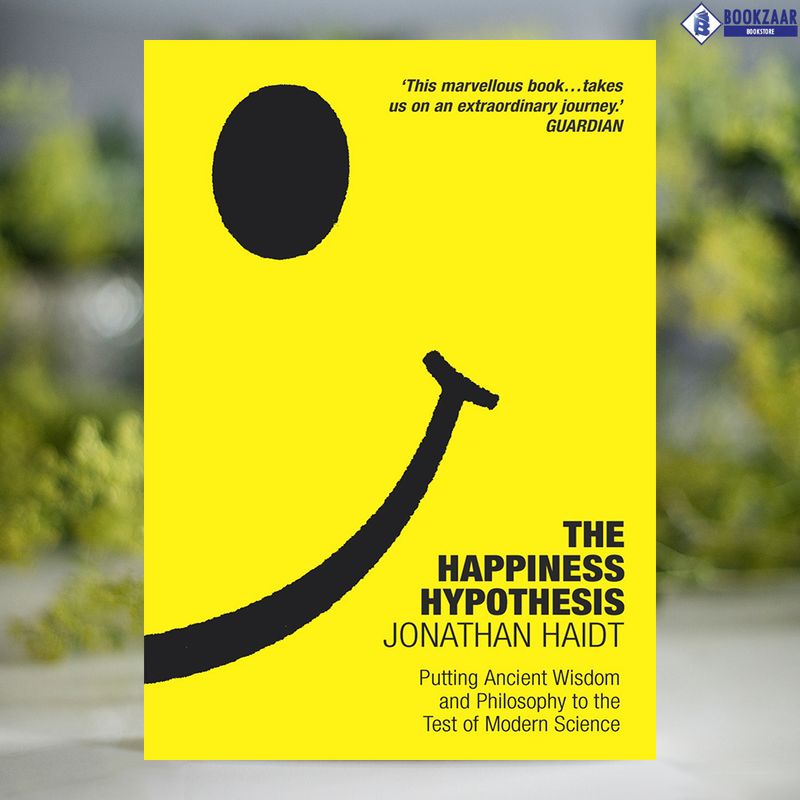
Ancient wisdom meets modern science in this enlightening exploration of what truly makes us happy. Haidt brilliantly connects philosophical teachings from across cultures with contemporary psychological research, creating a roadmap to meaningful contentment.
The book examines powerful concepts about virtue, suffering, and human connection that have endured for centuries. Rather than offering quick-fix solutions, Haidt reveals how timeless principles can be applied in our everyday lives.
Readers will discover how our divided minds work, why relationships matter more than achievements, and how finding purpose transcends mere pleasure. This thoughtful blend of history, philosophy and neuroscience transforms abstract concepts into practical tools for a more fulfilling existence.

Comments
Loading…